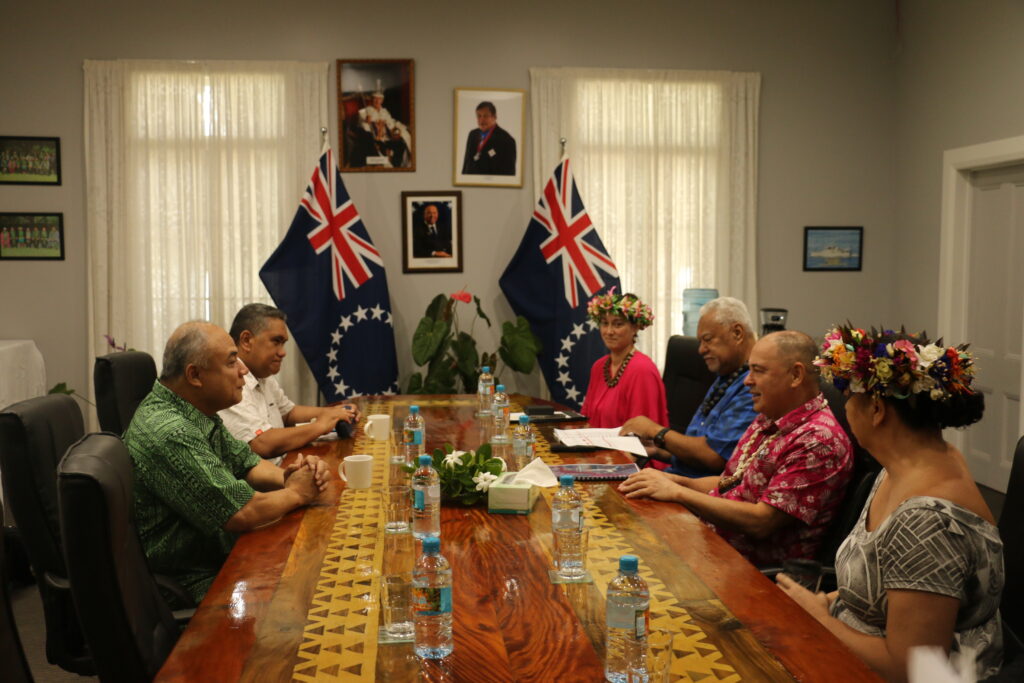Cook Islands, Palau & Tonga launch shared credit platform
Cook Islands, Palau, and Tonga unveil shared registry system enhancing credit transparency and lowering risk premiums on sovereign spreads (USD).

The Cook Islands, Palau, and Tonga have jointly launched a unified digital registry platform, a landmark in Pacific financial modernization. Built on open-source architecture and funded by multilateral grants, the system integrates business, collateral, and secured-transaction registries, laying the institutional groundwork for formal credit markets and foreign investment access.
Historically, fragmented registry systems suppressed private credit growth across the region. Average private-sector credit equals only 32% of GDP, compared with 146% in OECD economies. By digitizing and harmonizing ownership and collateral data, the new platform reduces legal uncertainty, strengthens contract enforceability, and lowers perceived lending risk. Analysts estimate the reform could narrow credit-risk premiums by 150–200 basis points, materially expanding loanable capacity for SMEs and households.
Macroeconomic models from regional development institutions suggest the initiative could lift credit-to-GDP ratios by 10 percentage points within three years, translating into 0.5–0.7 percentage points of additional annual GDP growth. Beyond credit access, registry transparency also enhances AML/CFT compliance, restoring confidence among correspondent banks and improving cross-border remittance flows—vital given remittances comprise 18% of GDP in Tonga and 12% in Palau.
Institutionally, this harmonization aligns Pacific microstates with global digital-finance standards, creating interoperability with regional fintech hubs and enabling new forms of capital inflow such as diaspora bonds and venture funding. The reform echoes the Caribbean’s 2010s registry modernization, which accelerated FDI inflows and SME credit growth through formalized collateral systems.
Financial markets have already responded. Sovereign spreads on USD-denominated bonds have tightened 40 basis points year-to-date, reflecting improved governance perceptions and lower structural risk. The potential next step is the securitization of SME portfolios or issuance of green microbonds, diversifying funding beyond concessional aid.
Key risks center on implementation capacity—notably cybersecurity, data protection, and judicial adaptation. Yet the phased rollout and multilateral oversight mitigate operational vulnerabilities. Over 2026–2028, success will be measured by registry transaction volumes, credit dispersion beyond urban centers, and integration into regional payment networks.
For institutional investors, the message is strategic: digital governance can materially de-risk frontier exposure. By embedding legal certainty into financial architecture, Pacific economies are transforming administrative reform into sustainable macroeconomic resilience—a blueprint for digital-led development in small states.





